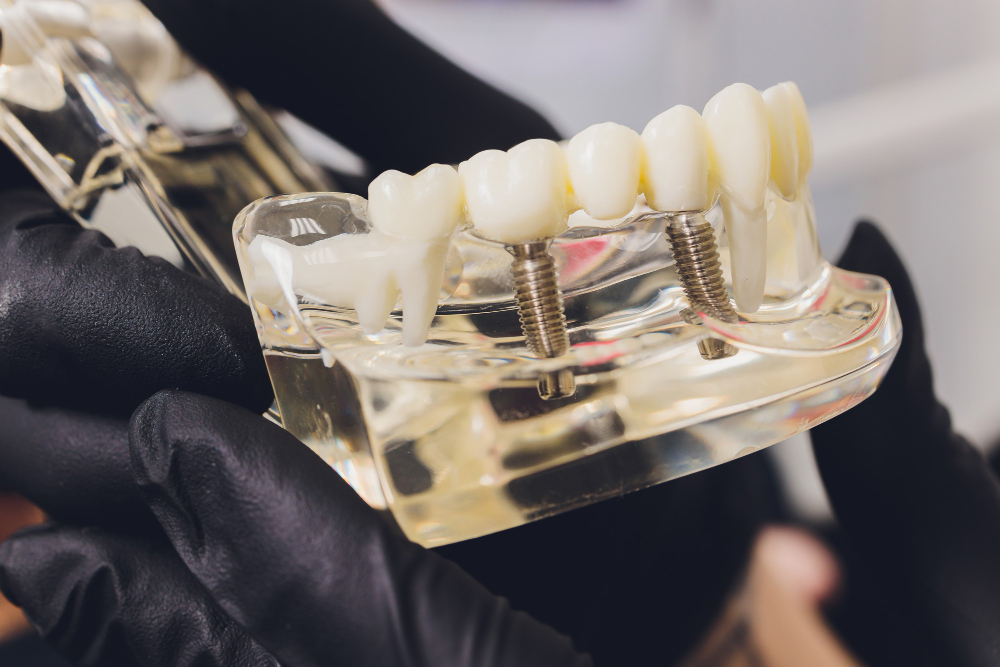What Are Dental Implants?
Dental implants are small metal posts placed in your jawbone. They act as roots for new teeth. Many people choose dental implants for missing teeth because they look and feel natural. In fact, dental implants are a popular choice for those who want a long-lasting solution. According to the World Health Organization, dental implants are safe and effective when done by a trained dentist.
Symptoms and Signs Indicating the Need for Dental Implants
Sometimes, you may notice signs that suggest you need dental implants. For example, you might have:
However, not everyone with these signs needs implants. Therefore, it is important to talk to your dentist for a full checkup.
Causes of Tooth Loss Leading to Implants
Tooth loss can happen for many reasons. Some common causes include:
As a result, losing teeth can affect your smile and how you eat. Dental implants for missing teeth can help restore both function and appearance.
Diagnosis and Assessment for Dental Implants
First, your dentist will check your mouth and teeth. They may take X-rays or 3D scans. This helps them see if your jawbone is strong enough for dental implants. In some cases, you may need a bone graft before the dental implant procedure. Your dentist will also ask about your health and any medicines you take. After this, they will decide if dental implants are right for you.
Dental Implant Procedure and Treatment Options
The dental implant procedure usually happens in steps. Here is what you can expect:
Sometimes, you may need more than one implant. In addition, there are options like bridges or dentures supported by implants. Your dentist will explain which treatment is best for you.
Recovery, Aftercare, and Lifestyle Guidance
After getting dental implants, you may feel some swelling or mild pain. However, this usually goes away in a few days. To help your recovery:
With good care, dental implants can last many years. Regular dental visits are important to keep your mouth healthy.
Prevention of Tooth Loss
While dental implants are a great solution, it is better to prevent tooth loss. You can protect your teeth by:
By following these steps, you can lower your risk of losing teeth in the future.
Frequently Asked Questions About Dental Implants
In summary, dental implants offer a strong and natural-looking way to replace missing teeth. If you have questions or think you may need dental implants, consult a qualified dentist for personalized advice on dental implants.

